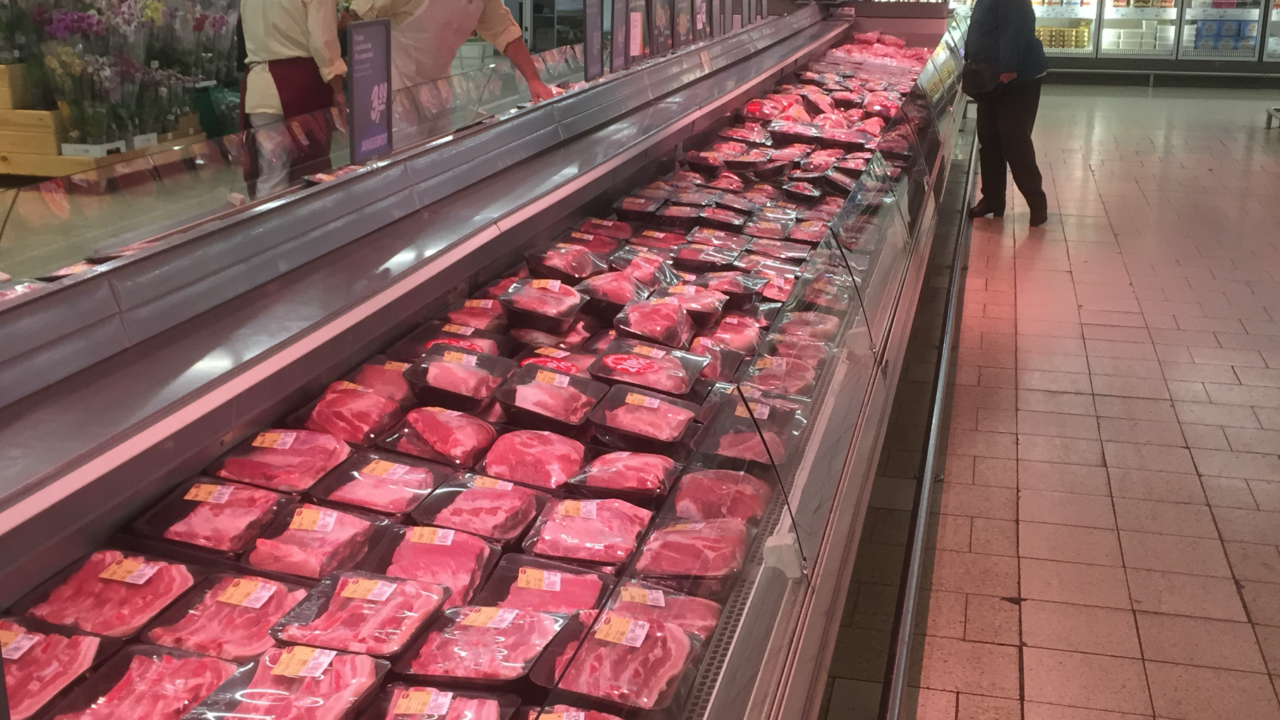Paul Caskie, an economist with the Department of Agriculture, Environment and Rural Affairs in Northern Ireland, told delegates attending a recent agribusiness briefing in Co. Armagh that retail food prices will continue to decrease over the coming years.
The rationale for this is the fact that farming is not immune from the pressure that exists within other industries to drive down costs.
Caskie went on to conclude that Irish agriculture must respond in a two-fold manner: increase productivity and improve efficiency levels.
All of this is fine and dandy, up to a point. But with increasing bureaucratic, environmental and administrative challenges continuing to impact on Irish agriculture, surely farmers must get paid a price that reflects all of the ensuing investment that will be required to guarantee compliance, where these matters are concerned.
Further evidence of the increasing bureaucratic pressure on farmers is the recent confirmation of growing numbers of cattle being discarded at meat plants, because of issues relating to their identification.
A recently-completed survey confirmed that farmers get more vexed when it comes to securing compliance with animal identification and traceability measures, than would be the case with any other facet of their businesses.
This figure knocks for six the notion that food is expensive. In reality, all the staple food items are cheaper now, in real terms, than they were a generation ago. It’s also worth remembering that the amount of aid available to agriculture, courtesy of the Basic Payment, is reducing every year.
And who knows what’s coming down the track, once Brussels finds itself in a possible funding dilemma, following the UK’s departure from the European Union. All of this serves to highlight the need for the farming industries of Europe to get a strong and clear message across to consumers, highlighting the need for a proper and constructive debate on the way food is now produced.
Farmers cannot be expected to work for nothing. There is a clear and strategic need for the maintenance of a strong, indigenous farming industry in Ireland. However, this will not be secured on the back of a cheap food policy.
Production costs have doubled on many farms over the past five years. This development has not been reflected in the shops, which means that farmers are taking most of the pain. Retailers and consumers must, therefore, be reminded in the strongest possible terms that farmers can only take so much.
